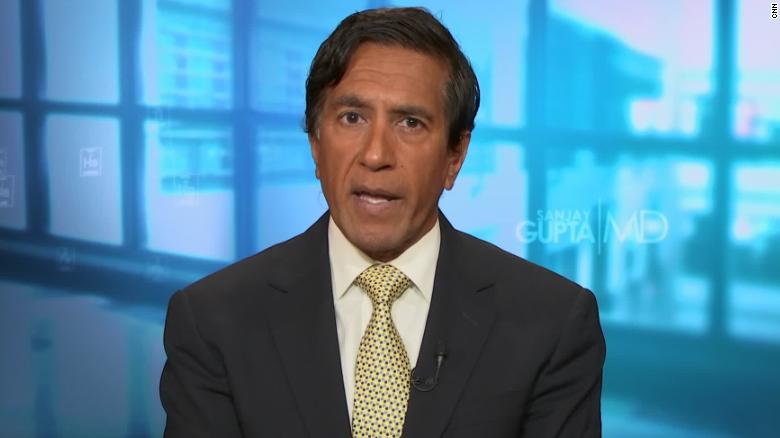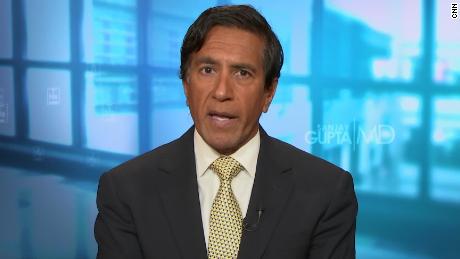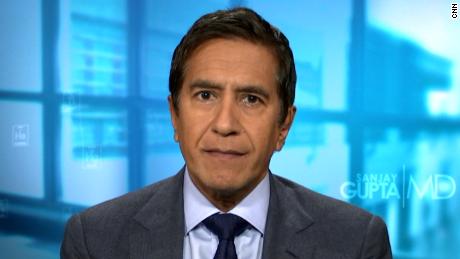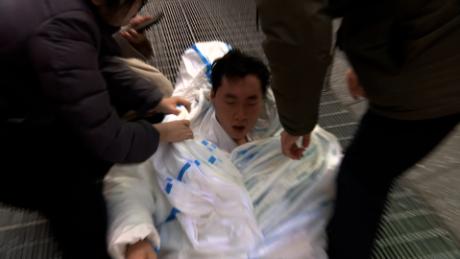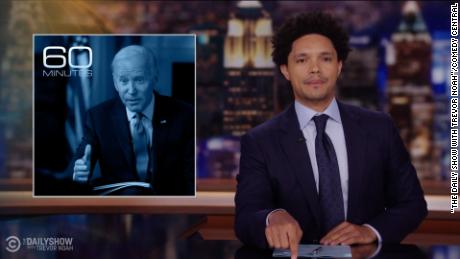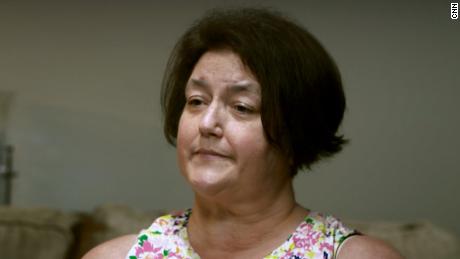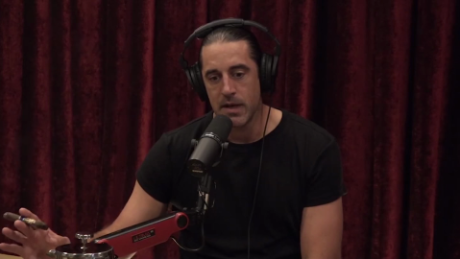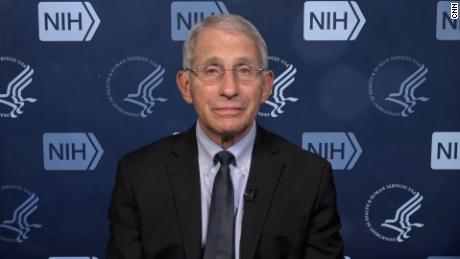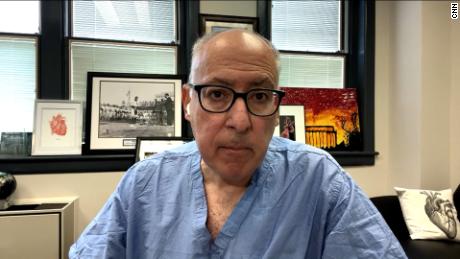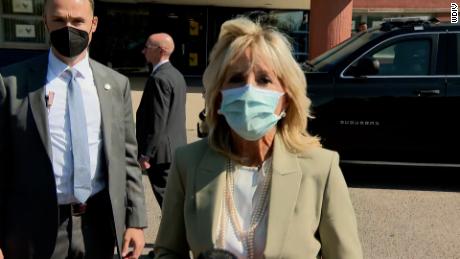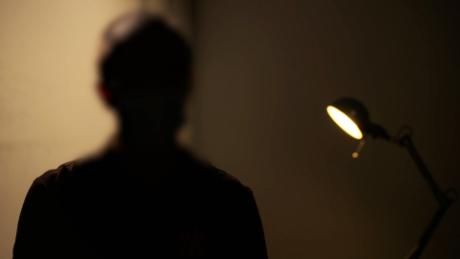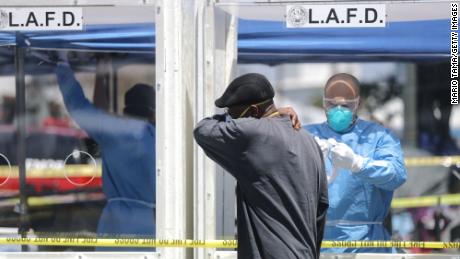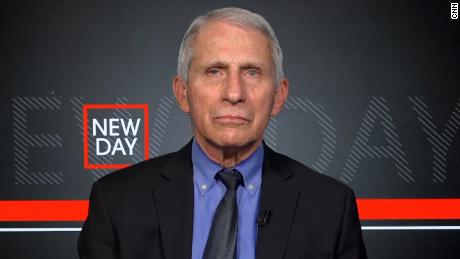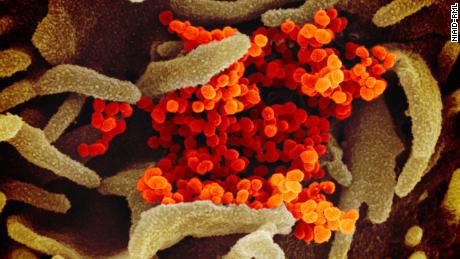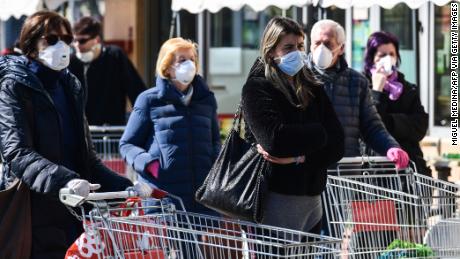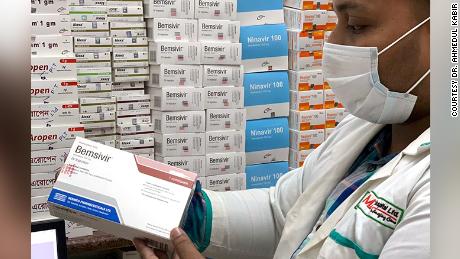(CNN)The number of coronavirus cases in the United States surpassed 8 million on Friday as health officials from coast to coast scramble to contain the rising rate of infections.
The case numbers are steadily increasing daily, according to data from Johns Hopkins University.
The country has averaged more than 53,000 new daily cases for the past week -- an increase of more than 55% in just over a month -- and Friday's caseload was not the exception, according to Johns Hopkins data.
Unlike previous rises, this time it appears that no region is safe. The Northeast, which has remained relatively stable since the spring, is seeing a rise in cases as is the Pacific Northwest. The increases come as the numbers of new cases in the Midwest hasn't slowed.
At least four states -- Idaho, Illinois, North Carolina and Wyoming -- reported their highest daily Covid-19 case count to date on Friday, state health officials said.
Dr. Anthony Fauci, the nation's top infectious disease expert, warned that infection rates are far too high heading into the end of the year. Other experts say is setting the country up for a very difficult winter.
"You can't enter into the cool months of the fall and the cold months of the winter with a high community infection baseline," Fauci said in a John Hopkins virtual event posted Friday.
CVS and Walgreens to distribute approved vaccines, officials say
While the US faces a new rise in cases, the Trump administration discussed some of its plans for vaccine distribution.
Federal officials confirmed Friday that CVS and Walgreens pharmacies have been designated to distribute free coronavirus vaccines, once they are approved, to long-term care facilities.
The partnership is expected to help "jurisdictions solve a logistical hurdle and decrease the burden of distributing, administering, and reporting COVID-19 vaccination for both states and long-term care facilities," said Dr. Robert Redfield, director for the US Centers for Disease Control and Prevention in a statement.
The retailers are best placed to send out mobile units to vaccinate seniors and other vulnerable people on site, said Paul Mango, deputy chief of staff for policy at the Health and Human Services Department, said during a Friday telephone briefing with reporters.
Earlier on Friday, President Donald Trump said seniors would be the first to get any vaccine once one is approved.
"Seniors will be the first in line for the vaccine and we will soon be ending this pandemic," Trump said during a visit to Ft. Myers, Florida.
No coronavirus vaccines have been approved by the US Food and Drug Administration so far but the CDC posted an optimistic forecast about coronavirus vaccines Wednesday, promising some vaccines by the end of the year.
Dr. Francis Collins, director of the National Institutes of Health, said he's still "pretty guardedly optimistic" about that time frame even after two vaccine trials have been paused.
"This is a very complicated science and sometimes, things don't work the way you want it to," Collins told CNN's Wolf Blitzer.
Wisconsin's positivity rates are 'going in the wrong direction'
More than 30 states accumulated more new Covid-19 cases this past week compared to the previous week, according to data from Johns Hopkins.
The 14 states that reached their highest-ever seven-day average of new daily cases were: Alaska, Colorado, Illinois, Indiana, Kansas, Missouri, Nebraska, New Mexico, North Dakota, Ohio, South Dakota, West Virginia, Wisconsin, and Wyoming.
Hospitalizations increased as well. Seven states saw a record for Covid-19 hospitalizations Thursday -- Iowa, Kansas, Kentucky, Missouri, Montana, Oklahoma and Wisconsin, according to the Covid Tracking Project.
The test positivity has gotten much worse in certain states -- sitting above 20% Friday in Idaho, Iowa, South Dakota and Wisconsin.
US Surgeon General Jerome Adams said Friday in a news conference that Wisconsin is now considered a "red state" because the positivity rate is "going in the wrong direction."
"It is critical that we actually understand where this virus is circulating so that we could get cases under control and reverse positivity," Adams said.
Masks could save 70,000 lives
It doesn't have to be this way. Experts have repeatedly said that doubling down on simple safety measures including masks, social distancing and hand washing can help slow transmission of the virus.
Universal mask wearing could save the lives of more than 70,000 Americans in the next three and a half months, according to IHME projections.
And as cooler weather approaches, experts say, there are ways you can see some friends and family while still staying safe.
Global study finds remdesivir doesn't help
World Health Organization officials announced Thursday the antiviral drug remdesivir has "little or no effect on mortality" for patients hospitalized with Covid-19.
The agency says this is "conclusive evidence" about the drug -- and the findings are disappointing.
Until now, remdesivir was the only drug that appeared to have specific effects for Covid-19 and the only drug with an emergency use authorization specifically for the virus from the US Food and Drug Administration.
Before the WHO's study, a large controlled study of remdesivir in the US found that it shortens recovery time by about a third in severely ill, hospitalized adults with Covid-19, but does little to help those with milder cases.
Gilead Sciences, the drug's maker, said the findings did not mean the drug is of no benefit.
"The emerging data appear inconsistent with more robust evidence from multiple randomized, controlled studies published in peer-reviewed journals validating the clinical benefit of Veklury (remdesivir)," Gilead said in a statement. "We are concerned that the data from this open- label global trial have not undergone the rigorous review required to allow for constructive scientific discussion."
